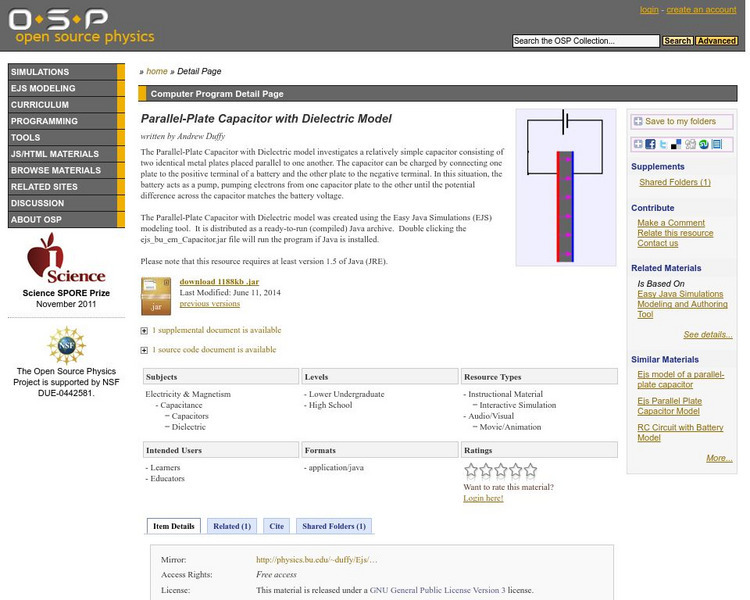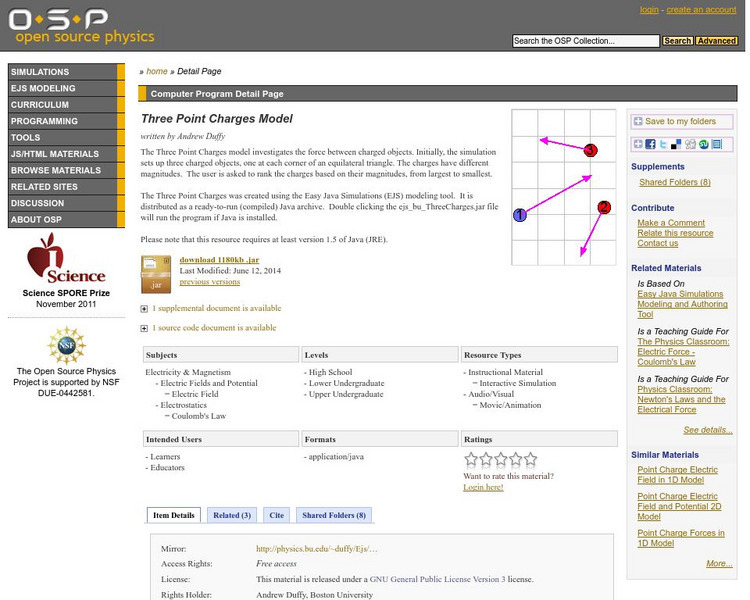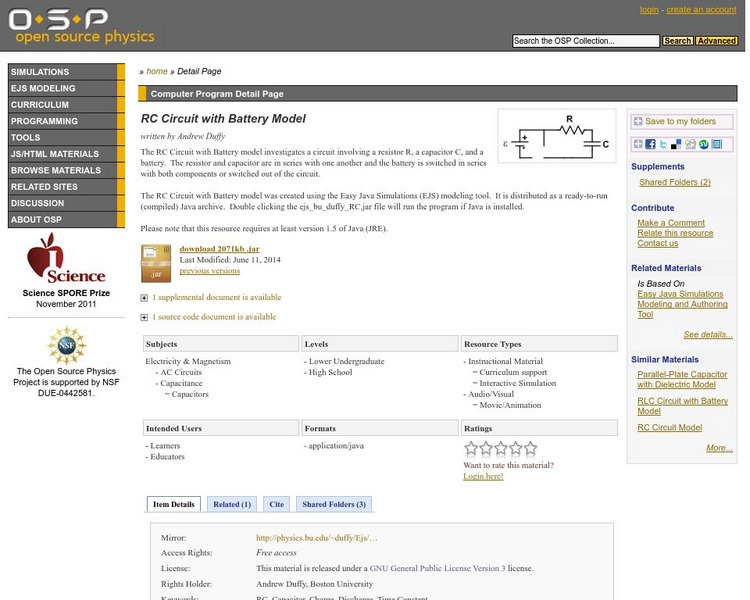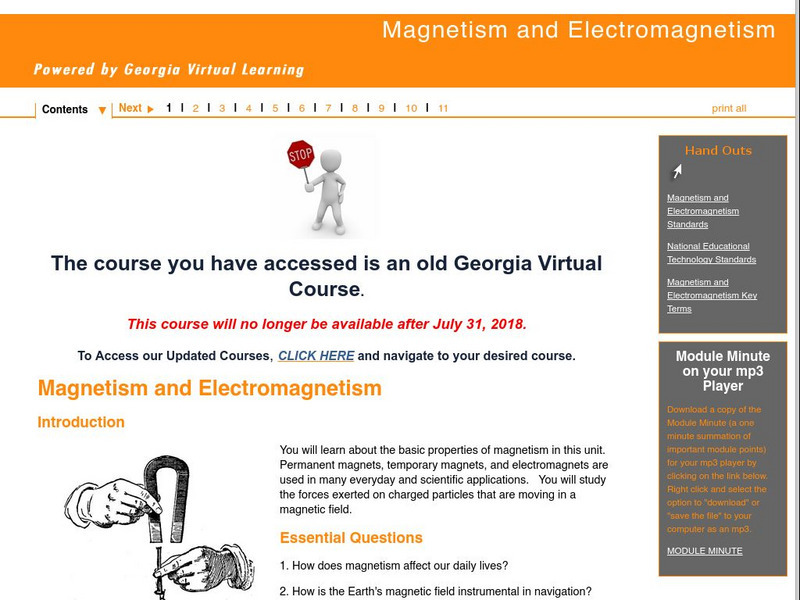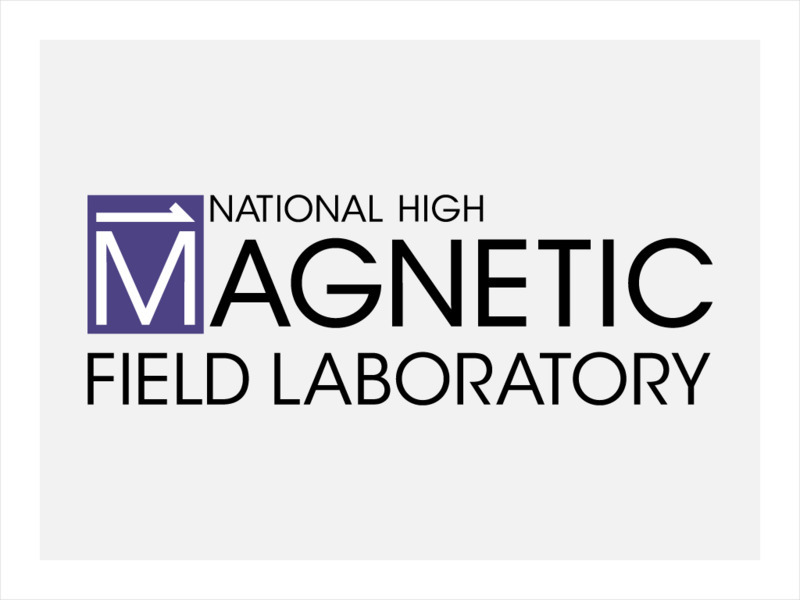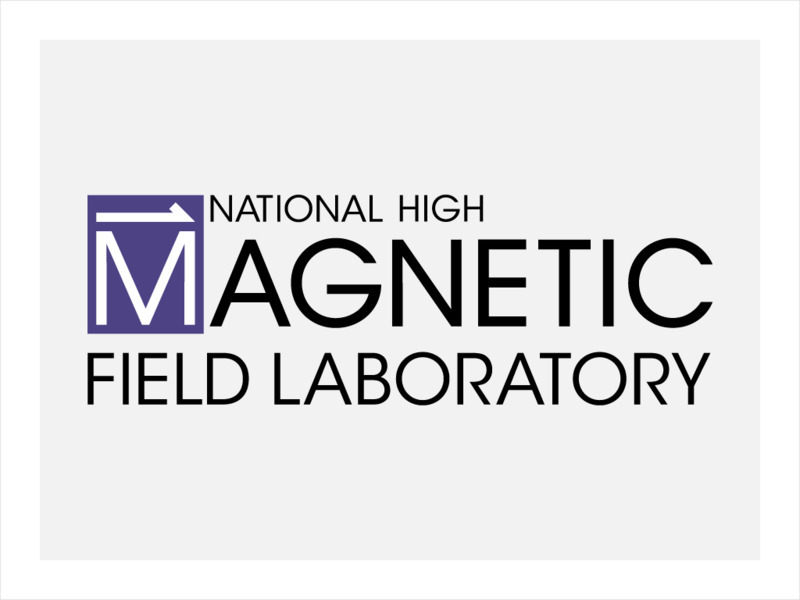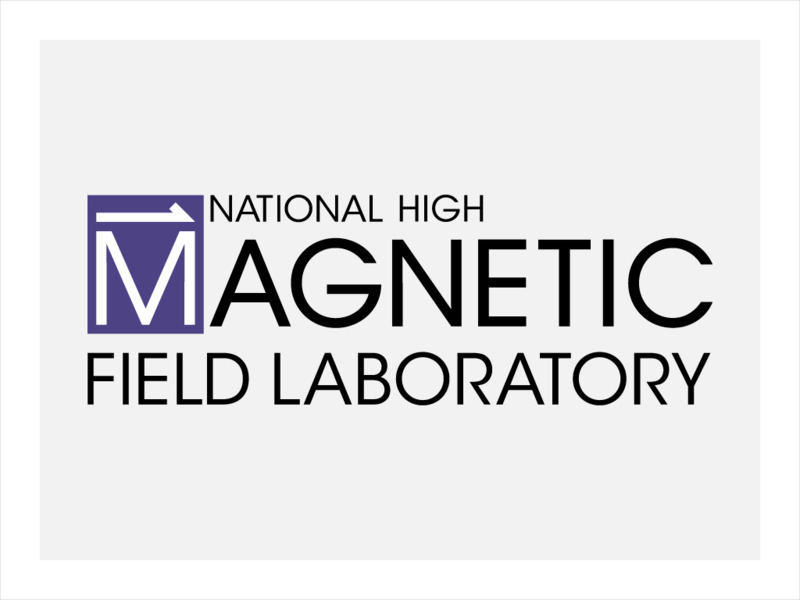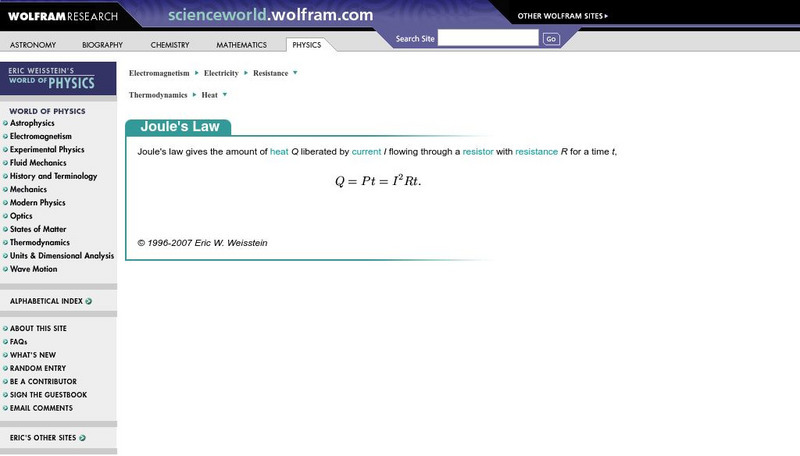American Association of Physics Teachers
Com Padre Digital Library: Open Source Physics: Parallel Plate Capacitor
A simulation investigating a parallel-plate capacitor which is charged by connecting one plate to the positive end of a battery, and the other plate to the negative end. The battery sends electrons from one capacitor plate to the other...
American Association of Physics Teachers
Com Padre Digital Library: Open Source Physics: Three Point Charges Model
In this simulation, investigate the force between charged objects. Rank three charged objects of different magnitudes, then create a method to determine the ranking of the charge magnitudes. Finally, devise a new method of determining...
American Association of Physics Teachers
Com Padre Digital Library: Open Source Physics: Rc Circuit With Battery Model
Simulation showing the simplest RC circuit, with a resistor and capacitor in series with one another, and a battery that can be switched in the series, or switched out of the circuit.
American Association of Physics Teachers
Com Padre Digital Library: Open Source Physics: Magnetic Force Three Wires Model
Investigate the idea of the force between straight current-carrying wires in this magnetic force simulation. See if you can rank the wires from largest to smallest based on the magnitude of their currents.
American Association of Physics Teachers
Com Padre Digital Library: Open Source Physics: Faraday Disk Dynamo Model
This simulation demonstrates a rotating conducting disk in a magnetic field which produces a current or a self-exciting dynamo.
Georgia Department of Education
Ga Virtual Learning: Magnetism and Electromagnetism
In this interactive learning module, students learn about the basic properties of magnetism. Practice problems are provided for ongoing assessment.
Khan Academy
Khan Academy: Dielectrics Article
This article from Khan Academy provides information about dielectrics. This information is intended for the Class 12 Physics Course (India).
Khan Academy
Khan Academy: Capacitors Article
This article from Khan Academy provides information about capacitors. This information is intended for the Class 12 Physics Course (India).
Khan Academy
Khan Academy: Kirchhoff's Loop Rule Review
Review the key terms and skills related to Kirchhoff's loop rule, including how to determine the electric potential difference across a component.
National High Magnetic Field Laboratory
Magnet Academy: Heinrich Friedrich Emil Lenz
At the turn of the 19th century, scientists were beginning to gain a rudimentary understanding of electricity and magnetism, but they knew almost nothing about the relationship between the two. Baltic German physicist Heinrich Lenz took...
National High Magnetic Field Laboratory
Magnet Academy: Gerd Binnig
Gerd Binnig co-developed the scanning tunneling microscope (STM) with Heinrich Rohrer. The STM allowed scientists entry into the atomic world in a new way and was a major advance in the field of nanotechnology. For their achievement,...
National High Magnetic Field Laboratory
Magnet Academy: Jack Kilby
The integrated circuit fueled the rise of microelectronics in the latter half of the twentieth century and paved the way for the Information Age. An American engineer, Jack Kilby, invented the integrated circuit in 1958, shortly after he...
National High Magnetic Field Laboratory
Magnet Academy: Heike Kamerlingh Onnes
Heike Kamerlingh Onnes was a Dutch physicist who first observed the phenomenon of superconductivity while carrying out pioneering work in the field of cryogenics. An important step on the way to this discovery was his success in...
National High Magnetic Field Laboratory
Magnet Academy: Isidor Isaac Rabi
Isidor Isaac Rabi won the Nobel Prize in Physics in 1944 for his development of a technique for measuring the magnetic characteristics of atomic nuclei. Rabi's technique was based on the resonance principle first described by Irish...
National High Magnetic Field Laboratory
Magnet Academy: John Daniel Kraus
For a man whose career involved the entire known universe, John Kraus had a remarkably insular upbringing. He was born and raised in Ann Arbor, Michigan, and earned his bachelor's, master's and doctoral degrees in physics, all at the...
National High Magnetic Field Laboratory
Magnet Academy: James Clerk Maxwell
James Clerk Maxwell was one of the most influential scientists of the nineteenth century. His theoretical work on electromagnetism and light largely determined the direction that physics would take in the early twentieth century. Indeed,...
Wolfram Research
Wolfram Science World: Eric Weisstein's World of Physics: Electrical Conduction
A brief definition for what electrical conduction is. Also provides the definition for related terms.
Curated OER
Science Kids: Science Images: Electricity Circuit Diagram
This basic electricity circuit diagram shows a resistor and ammeter in series, a voltmeter in parallel and a switch with a cell for charging purposes.
Curated OER
Science Kids: Science Images: Overhead Powerlines
This photo looks up at the imposing structure of high voltage overhead powerlines. These structures are common all over the world as they have the important job of holding up the huge lengths of powerlines that carry electricity from the...
Curated OER
Science Kids: Science Images: Solar Energy
A large row of solar energy panels can be seen in this photo. As they face the sun they absorb the solar energy which can then be turned into electricity and used to power any number of useful objects.
Curated OER
Science Kids: Science Images: Wind Farm
Taken on a beautifully sunny day, this photo shows a large wind farm near Texas, USA. Strong winds in the area help spin the blades which create electricity in an environmentally friendly manner.
Wolfram Research
Wolfram Science World: Joule's Law
This site briefly defines Joule's Law. A formula is provided and links to related terms.
Khan Academy
Khan Academy: Conservation of Charge Review
Review the conservation of charge and how charge is transferred in various scenarios.
Khan Academy
Khan Academy: Current, Resistance, and Resistivity Review
Review the key terms, equations, and skills related to current, resistance, and resistivity, including how to find the current direction and what resistance depends on.


